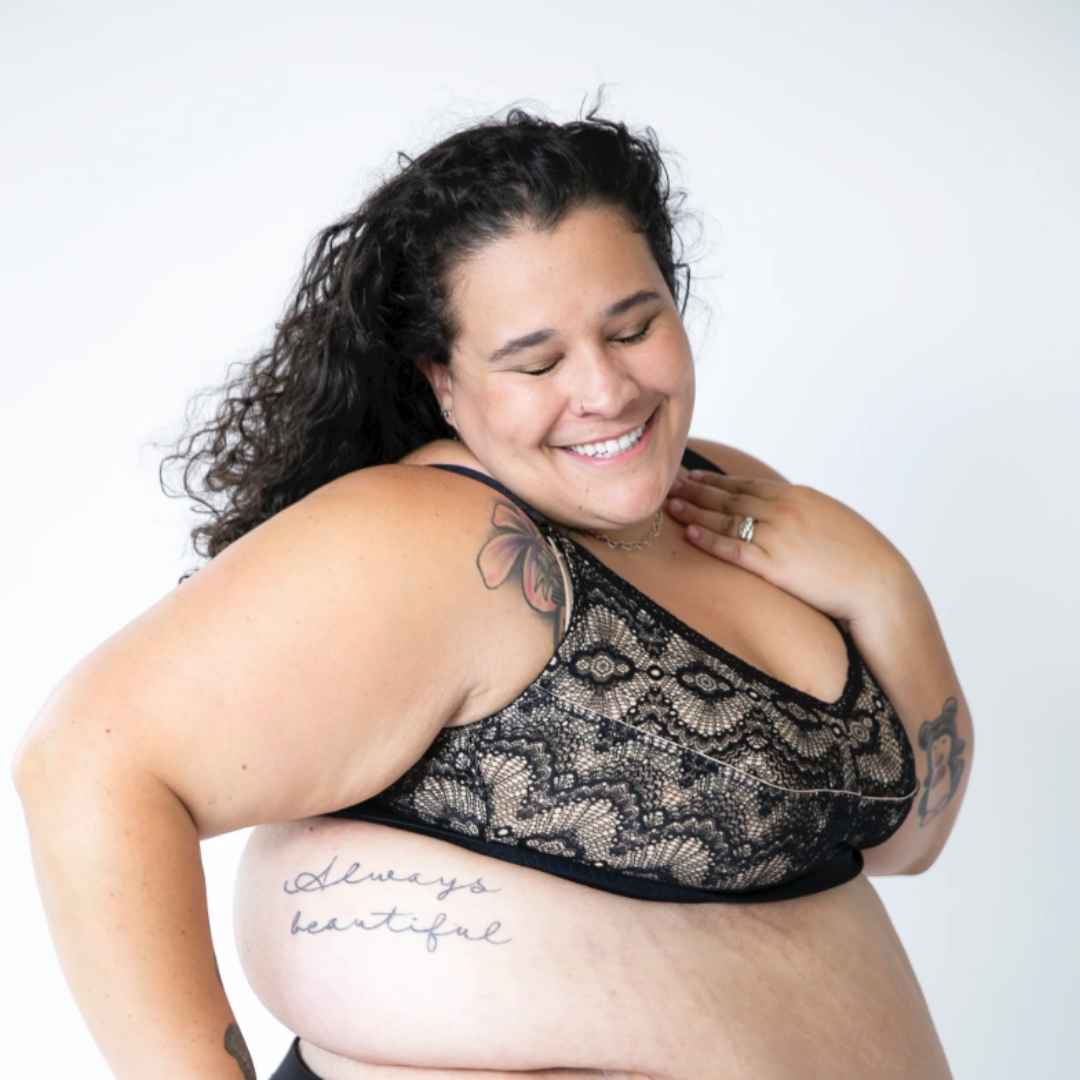Amara Organic Foods shares feeding tips for your littles each month before they're a year old... they're never too young to start healthy habits!
Early-in-life nutrition can really set your child up for success down the road. Studies have shown that good eating habits affect their ongoing food choices, taste preferences (even into adulthood), physical growth, and healthy brain development.
Given the exponential scope of learning and development in the first two years of life (ranging from cognitive functioning to sensory intake and beyond), this time period is so critical for laying the foundation for healthy eating and nutrition, among other things. Nutritionists agree: the first two years are a crucial window of opportunity.

Knowing this, starting to feed your baby (exciting as it is) can also be incredibly nerve wracking. Have no (ahem, very little) fear! The "normal" range for eating in infancy is vast, friends.
This blog is a brief overview for feeding babies in the first year, with a focus on the stretch of time after you’ve already introduced solid foods.
But first, an introductory note:
More than any other "factor" in the feeding world of baby, it's most vital that baby is exposed to a wide variety of fresh, real foods... not to mention, having positive encounters with those foods.
This is the time to begin exposing your baby to many and varied flavors and textures, offering a diverse array of fresh fruits, vegetables, and whole grains to help them learn to love whole, unprocessed foods from the outset. Amara's Organic Baby Food offers tons of fresh, convenient options that deliver the same taste, flavor, and texture as a fresh, homemade meal without sacrificing any of the nutrients.
As researchers note, “optimal complementary feeding depends not only on what is fed but also on how, when, where and by whom a child is fed.” Essentially, a no-stress space with an enthusiastic parent helps baby's relationship with eating. Meet food refusal with serenity; don’t throw up your hands at the first sign of food play (which is totally norma). Where you can, choose feeding times when you’re not rushed. In short, do what you can to keep things, well, happy.
4-6 Months
During the first six months of life, as you almost certainly already know, experts recommend feeding formula or breast milk on demand.
Around 4-6 months, it's safe and encouraged to begin adding solid foods into baby's diet. The unfortunate truth: typically, baby isn't going to love those solids right off the bat. That’s okay! Just like anything else, they have to learn. Everything is new to them and everything's on a learning curve.
Some things to keep in mind on this journey:
- Solid foods don’t immediately replace formula or breast milk. Until a baby’s first birthday, formula and/or breast milk remain the dominant source of nutrients for babies.
- Gradually ramp up to a pretty familiar feeding schedule of ~3 meals/2 snacks. This can happen at almost any pace, and you can tailor your escalation almost however you want, but typically guidelines recommend shifting the ratio of breast milk or formula to solids by degrees until you hit that sweet spot around one year where most of a baby's intake is solid foods.
- Similarly, you also want to endeavor to expose baby to increasing foods, textures, flavors, and pairings over time.
- Aim to be a responsive feeder: be slow and patient; talk to your child and make eye contact with them while feeding. Again, we're looking to facilitate a happy-baby reaction to that high chair.
6-8 Months
How much food? An additional ~200 calories daily from solid foods on top of formula or breast milk (making the average intake about 24-32 oz. daily).
How often? Aim for 1-3 meals per day during these months, where each meal consists of ~2-3 tablespoons of food.
If you’ve just started out, know that it takes time for a baby to learn to eat. Initially, you may be working with a tablespoon (or even less), and that’s fine. The first weeks of offering solids are more about giving your baby the chance to practice eating than they are about calorie intake. Remember, solid foods are supplemental, so you should continue to nurse/bottle feed as usual and simply add in solid foods where it works for you.
What kinds of foods? You can serve up purees, mashed foods, or semi-solid foods (banana, cooked sweet potatoes, avocados, etc).
Anything else?
- Don’t freak out if your baby isn’t interested, refuses to eat, or rejects certain foods. This is extremely common - remember to maintain a zen attitude (as much as possible) during these rejections. Don’t force your baby to eat anything.
- You can play with texture as your baby gains practice, moving from thinner to thicker purees or more chunky mashes, for example. Fun fact: there’s a critical window for introducing “lumpy” foods... and it’s before the 10-month-mark. Keep this in mind, and you can always rely on things like cottage cheese or smashed up berries in a pinch.
9-11 Months
How much food? These kiddos benefit from an additional ~300 calories daily in solid foods, with formula or breast milk the average intake is 20-32 oz. daily. In these months, you’ll be shooting to work closer toward a 50/50 split between food and breast milk/formula.
How often? Try for 2-4 meals each day, where each meal consists of around ½ cup of food. If baby's into a little more or a little less, lean into it! If you need to keep it steady at 2x/day through this whole “phase,” that works well for many, but if you and baby have the energy to eat 4-5 times each day, have at it.
What kinds of foods? You can continue with purees but also should increasingly work in more textured foods. You can try serving finely chopped or mashed foods, as well as finger foods.
Anything else? You can increasingly offer new food pairings during these months! Amara has a great selection of nutritious and balanced blends, like oats and berries, potato and kale, and beans and corn, among several others. Bonus: these all are naturally textured, too, so they’re a fantastic option for introducing your baby to new consistencies as well.
12+ Months
How much food? Ideally here, babies are getting ~500 calories daily from solid foods. After their first birthday, it’s completely fine to wean your baby entirely off formula or breast milk, but if you’d like to continue offering bottles, most experts suggest keeping the intake to 16-20 oz per day so as not to interfere with a baby’s appetite for solids.
How often? Your baby can practically eat like a grown-up! Celebrate baby's transition to what is probably a quite familiar eating schedule: 3 meals and 2 snacks each day. Let your child decide how much they want to eat. For many, a meal might be anything in between ¼ and 1 cup of food per sitting.
What kinds of foods? For the most part, whatever the parents are eating! Just make sure it’s cut/mashed appropriately so as to not be a choking hazard. If they're particularly picky, keep offering a variety of fresh fruits, veggies, grains and unprocessed foods/prepared dishes... science shows us that if we taste something enough, eventually we’ll like it. Repetition!
Anything else? All the stats and data in this guide are averages. We hope they give you a sense of things, but they are not set in stone. Your child may consume more or less than any of these suggestions depending on their own body functioning, size, activity level, how much they ate yesterday, and even what foods are on the table (because foods have different energy densities).
Remember: “optimal complementary feeding depends not only on what is fed but also on how, when, where and by whom a child is fed.” All kinds of different factors play into making meals a positive part of your child’s day... healthy foods are a pillar, of course, but so too is your encouragement, patience, engagement and excitement about this learning process. This is just the beginning!
GET 20% YOUR BABY FOOD ORDER AT AMARA WITH THIS CODE AT CHECKOUT:
FAIRY20
Amara uses a nutrient-pressed technology to lock in the same taste, texture, and nutrients of fresh foods without any additives or added sugar. Convenient, delicious, and real; their organic baby food line offers plant-based proteins, whole grains, and vegetable and fruit blend pairings that can enhance baby's journey into food. Amara is committed to setting your baby up for a lifetime of healthy, flavorful eating.










Leave a comment
All comments are moderated before being published.
This site is protected by hCaptcha and the hCaptcha Privacy Policy and Terms of Service apply.